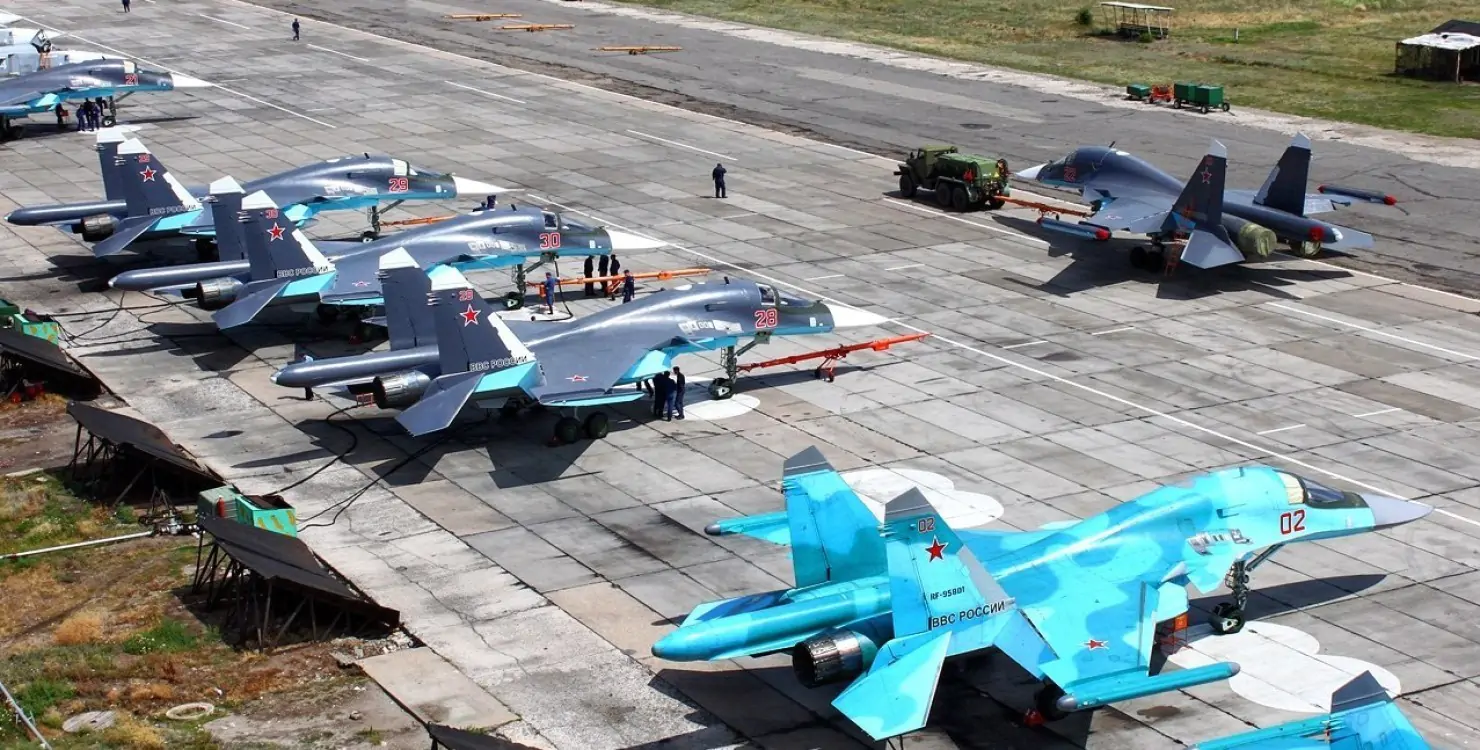Key Takeaways from the ISW:
- Russian President Vladimir Putin sought to repackage longstanding, tired threats about direct confrontation with the West by claiming that Russian will provide long-range strike capabilities to unspecified actors for strikes against the West. Putin's threat aims to influence Western decision-making about Ukraine's ability to strike military targets within Russia using Western-provided weapons but notably does not threaten escalation in Ukraine or through direct confrontation, suggesting that the Kremlin may be adjusting to select Western perceptions about the credibility of such Russian threats.
- Russian naval vessels will make a port call in Cuba on June 12–17, likely as part of a larger effort to invoke the historical memory of the Cuban Missile Crisis as part of Russia’s reflexive control campaign to encourage US self-deterrence.
- Putin inadvertently indicated on June 5 that Russian forces may be suffering roughly 20,000 monthly casualties in Ukraine, which, if accurate, would be roughly equal to or just below the number of new personnel that Russia reportedly generates per month.
- Limitations on Western capabilities to train partner pilots on F-16 fighter jets are reportedly creating bottlenecks that will affect Ukraine's ability to effectively field F-16s in the future.
- French authorities are investigating multiple recent pro-Russian sabotage and societal influence operations in France amid continued Russian hybrid war measures against NATO states and France aimed at weakening support for Ukraine.
- The Russian Investigative Committee announced the arrest of a French citizen on June 6 following the early June arrest in France.
- Ukrainian forces struck an oil refinery in Rostov Oblast and reportedly struck an oil depot in Belgorod Oblast on the night of June 5 to 6.
- Ukrainian Verkhovna Rada Committee on Human Rights, Deoccupation, and Reintegration Deputy Chairperson Ruslan Horbenko estimated that the Ukrainian military will recruit roughly 120,000 personnel in 2024, although the apparent slow arrival of Western security assistance will likely limit Ukraine's ability to sufficiently provision and equip these forces at scale in the near-term.
- Russian and Taliban officials expressed interest in bilateral cooperation, indicating that Russia will likely soon delist the Taliban as a prohibited organization in Russia.
- Russian forces recently advanced within Vovchansk, southeast of Kupyansk, northeast of Siversk, northwest of Avdiivka, south of Velyka Novosilka, and near Krynky.
- Russia's continued demographic crisis will present long-term constraints on human capital within Russia.
JOIN US ON TELEGRAM
Follow our coverage of the war on the @Kyivpost_official.
Authors: Riley Bailey, Christina Harward, Nicole Wolkov, Grace Mappes, and George Barros.
See the original here.
To suggest a correction or clarification, write to us here
You can also highlight the text and press Ctrl + Enter
You can also highlight the text and press Ctrl + Enter








